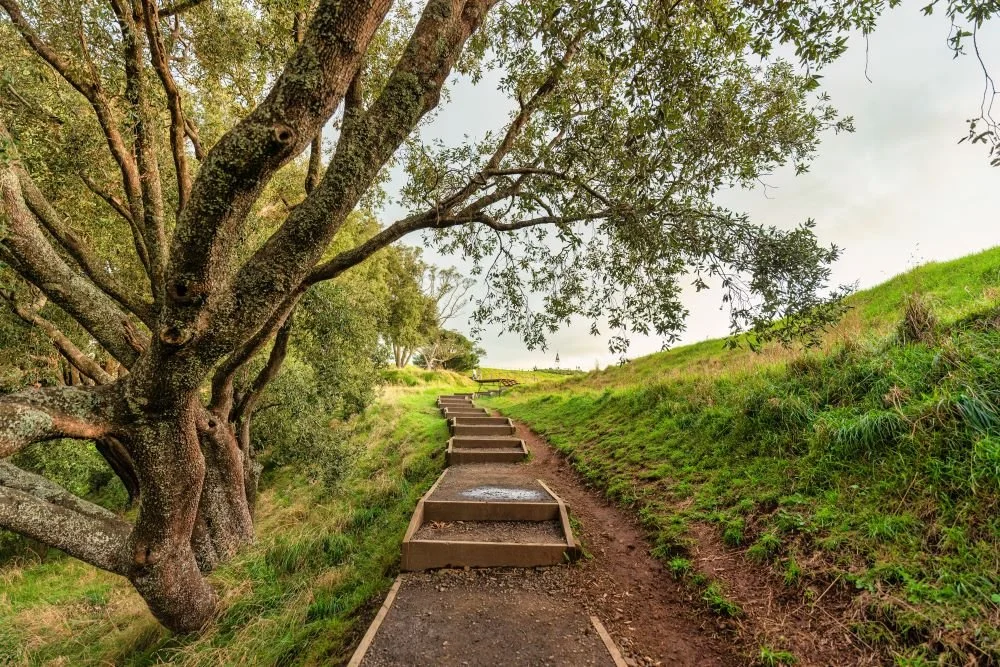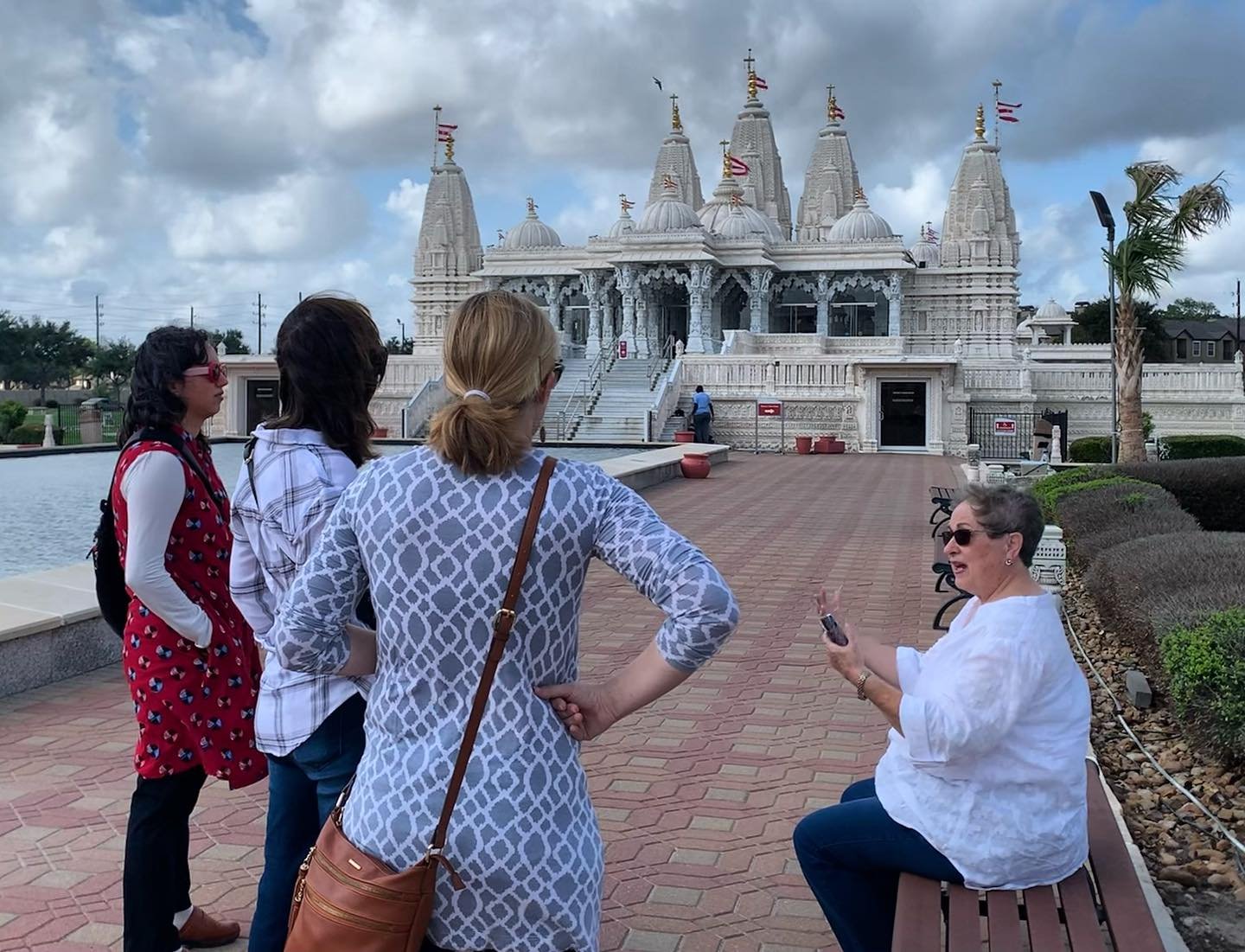7 Missionary Principles to Engage Your LGBTQ+ Neighbor
In the last several years, the popularity of LGBTQ+ Pride month has grown and even eclipsed the prevalence and celebration of other monthly emphases. From businesses to online search engines, there’s no escaping the influence LGBTQ+ sentiment has during the month of June.
As a Christian with a biblical sexual ethic, it’s hard to know how to respond. How can we engage our LGBTQ+ neighbors, love them as Christ would love them, and hold to biblical truth? It’s complex, to say the least.
At a minimum, June can serve as a reminder to pray for our neighbors and those in our churches struggling with or celebrating these identities. But I think we can do more.
As a former international missionary, I wonder if thinking like a missionary could be the key to engaging our community well in June and all year long.
These missionary concepts can help us as we pray for, have conversations with, share truth, and love our neighbors well.
Missionaries to an Unreached People
While good resources abound for how to strategically reach and pray for Muslims, Mormons, prisoners, and diaspora peoples, resources for engaging LGBTQ+ people are much more rare. The sad truth is that we lack equivalent programs or resources available to get churches involved in sharing the gospel with the LGBTQ+ community.
“If the gospel is for all people, we must consider how Christ would make disciples in every part of our society. ”
If the gospel is for ALL people, we must consider how Christ would make disciples in every part of our society. This kind of strategy is the bread and butter of missionary engagement.
So, let’s discuss some basic missionary principles to consider how we can engage our LGBTQ+ neighbors with love and unfailing gospel truth.
Missions Engagement 101
1. Pray for the work.
As any missionary will tell you, stepping into an area of lostness can feel overwhelming. If you’re not at least a little intimidated by the task at hand, you’re probably too confident.
But don’t let fear keep you from doing what God may be calling you to do. Whether you’re a pastor, church leader, or an ordinary church member, God can and will use you as you submit to His plans. This guide is a great place to start praying for LGBTQ+ people.
2. Pray for a “person of peace.”
When Jesus sent out seventy-two disciples in Luke 10, he told them to look for someone in the community who welcomes them with peace. Missionaries call this a “person of peace.” Whether personally interested in the gospel or not, a person of peace will help others learn and navigate their culture peacefully.
Pray to meet a “person of peace” from the LGBTQ+ community. Pray also for someone in whom God’s Spirit is already working. In God’s providence, He could have a group of LGBTQ+ people in whom He’s already working.
3. Communicate care.
Most LGBTQ people know non-affirming Christians don’t condone same-sex relationships or gender transitions. What many of them don’t expect, however, is a Christian with a traditional sexual ethic who shows God’s love for them in spite of these differences.
Rosaria Butterfield’s Secret Thoughts of an Unlikely Convert and The Gospel Comes with a House Key are great resources for those wanting to learn more about gospel hospitality, unapologetic Christianity, and love toward LGBTQ people.
4. Be a learner.
Knowing the language and culture is essential for any missionary. Even with a shared language, culture can change what certain terms and symbols mean within any particular group. So learn from the source—the people you’re trying to engage. Be kind and curious. Ask, “What does that mean to you?”
With no singular LGBTQ+ point of view or belief system, people in this community will often explore, create, and reimagine new LGBTQ+ labels for themselves. Being curious about someone’s culture and experiences helps you better understand them. It can break down barriers and help you find natural bridges to the gospel.
5. Get to the heart.
Asking good questions about what a person believes about themself, God, and humanity as a whole is a good place to start. Missionaries would call this learning someone’s “worldview,” and it’s an essential part of knowing how to engage any community.
These four questions, in particular, can help get to the heart of what someone believes. From there, you can find a way to show them how the gospel is good news for all their deepest longings.
6. Share the truth in love.
To follow Christ, all Christians have to surrender different sins, weaknesses, and kinds of brokenness in our lives. Dying to self is part of the normal Christian life, and we know it’s worth it. Share your testimony of having “suffered the loss of all things and count them as rubbish, in order that I may gain Christ” (Philippians 3:7-9).
As we share our stories of redemption, struggle, and new life in Christ, we make our churches safe places for people with a vast array of experiences. In doing so, we keep from driving out youth and adults who may feel like their experiences are “too different” or don’t belong in the church body.
7. Connect with others.
“Better Together” isn’t just a slogan for our association. It’s a deeply practical way to do ministry. Start having conversations in your church about how to reach LGBTQ+ neighbors. Learn from others outside your church who have done good work in that area. Gather a group of people to join you in praying, sharing with, and engaging LGBTQ+ people. Like any other kind of ministry, it cannot be done alone.
“As we share our stories of redemption, struggle, and new life in Christ, we make our churches safe places for people with a vast array of experiences.”
Strategically reaching people who identify as LGBTQ+ will certainly require a lot of finesse and care. I hope these missionary concepts can help us as we pray for, have conversations with, share truth, and love our neighbors well.
I pray our faith will grow as we hold to a biblical worldview in an increasingly post-Christian society. May God give us the knowledge and courage to share the gospel with all people—including those who identify as LGTBQ+. And may God make us a vessel to reach everyone who needs Christ. That would be all of us.
Marie Burrus is UBA's Communications Specialist. She manages, edits, and contributes content for UBA's blog, website, and social media outlets. Marie uses her Master's degree in Intercultural Studies and experience as a missionary in Burkina Faso to write on missions, outreach, culture, and the Christian life.
We’ll send one succinct weekly email
with the best news, events, and info
for churches in the Houston area.
Photo by Harry Quan on Unsplash












How can churches disciple people well to prevent their members from deconstructing their faith?